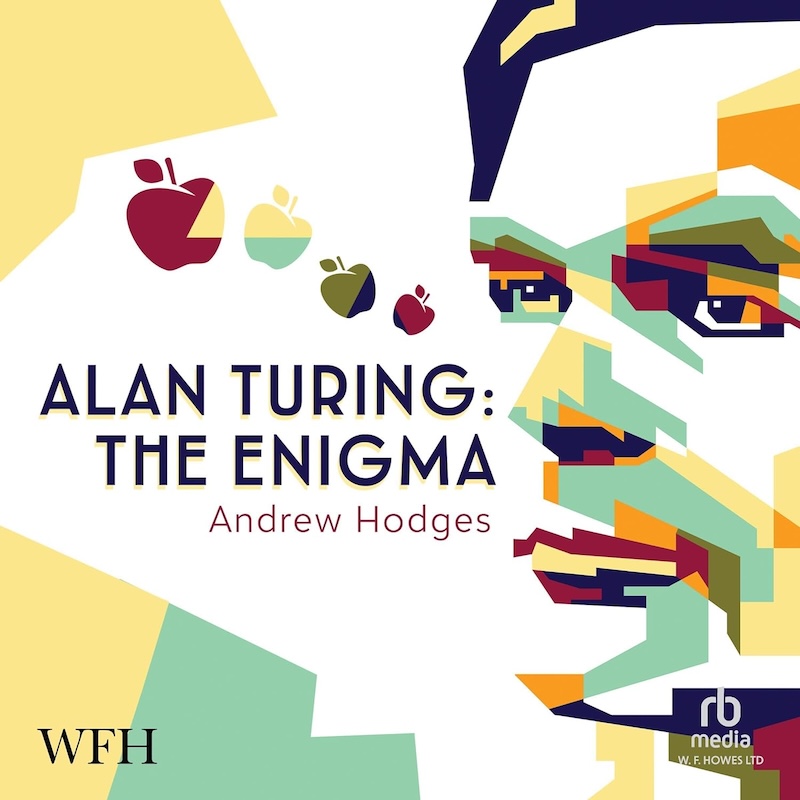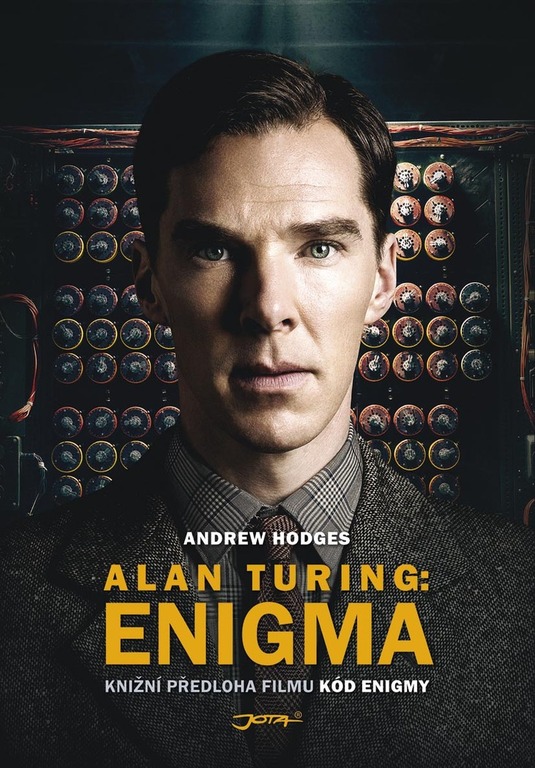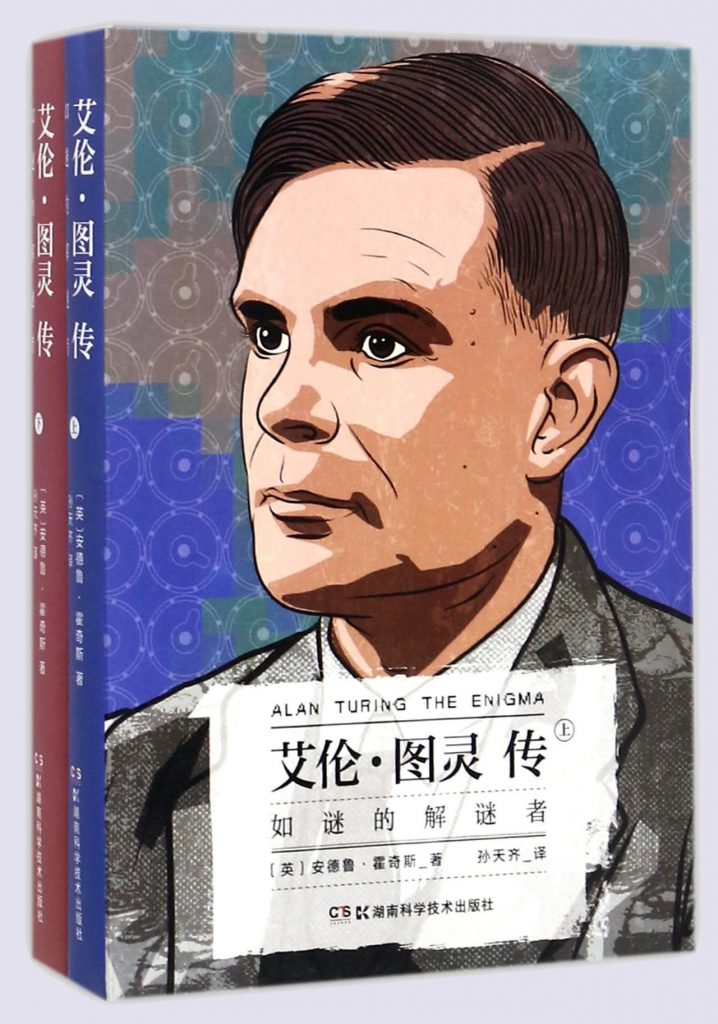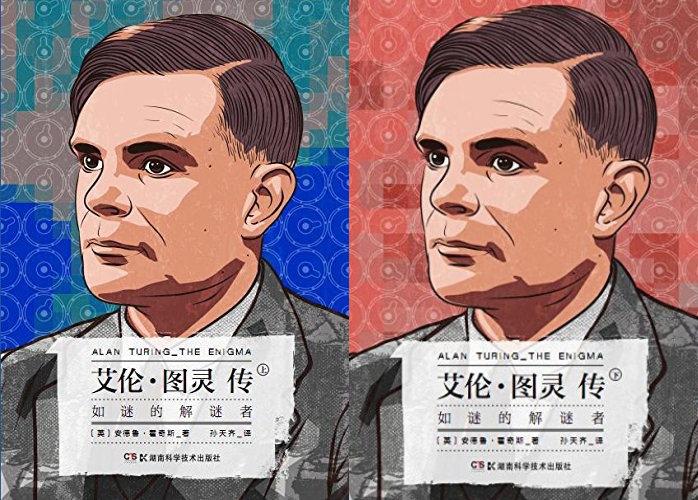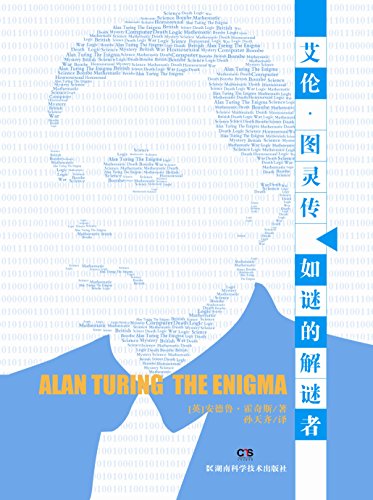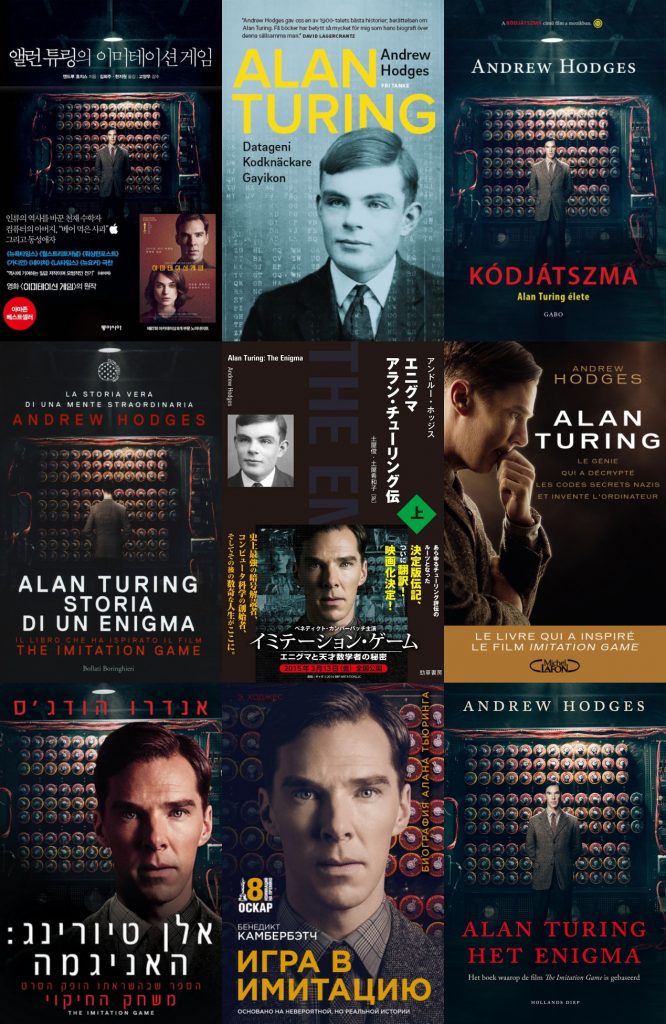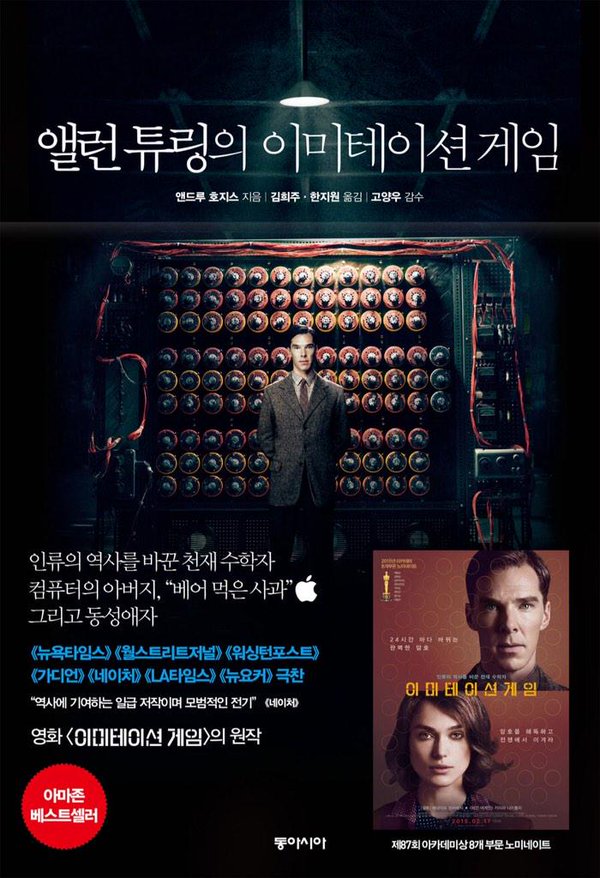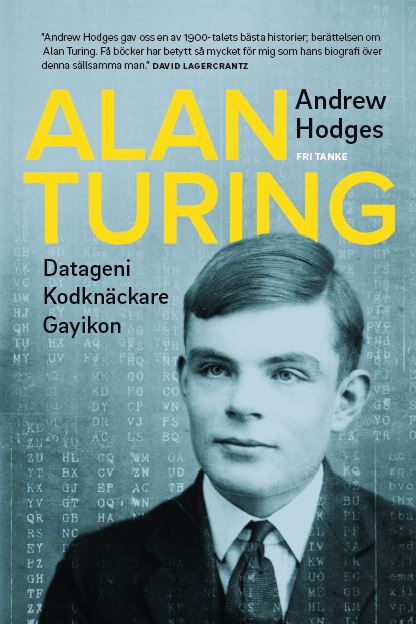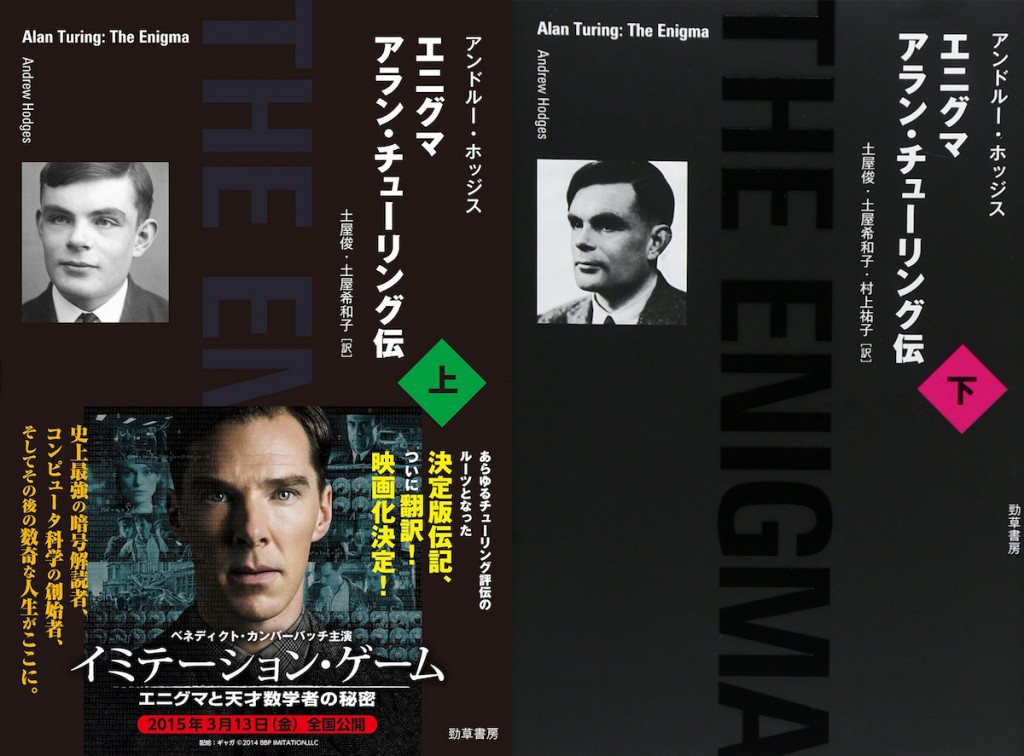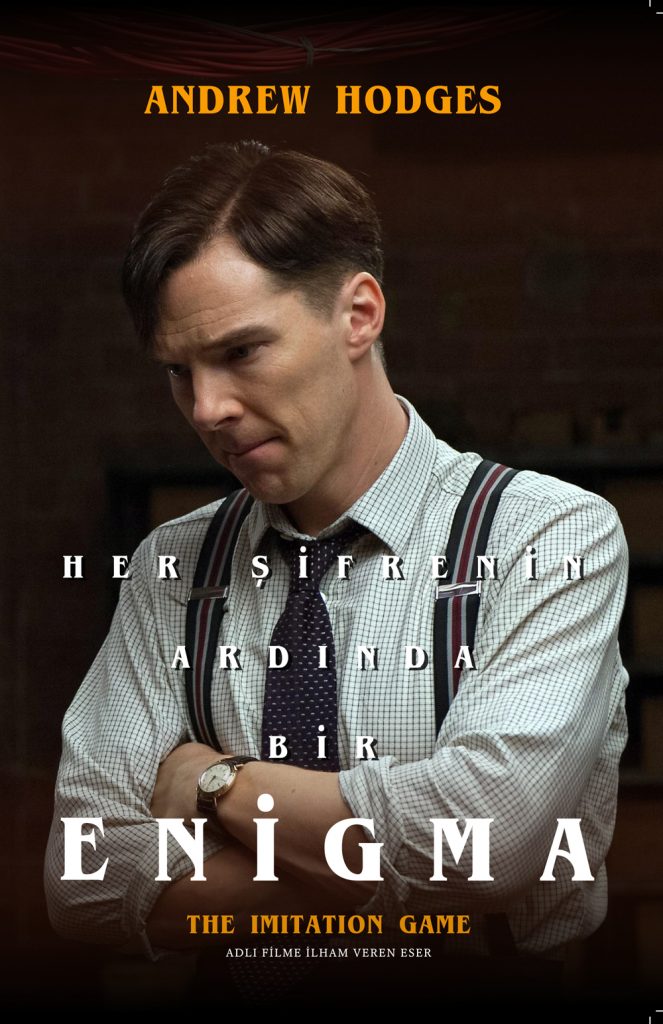
Andrew Hodges‘s best-selling and critically-acclaimed biography of ALAN TURING: THE ENIGMA is out now in Turkey! Published by KRP Yayıncılık as ENIGMA, here’s the synopsis…
Alan Turing, şifre çözümleri sayesinde İkinci Dünya Savaşı’nın kaderini değiştiren matematikçiydi. İngiliz İstihbaratı tarafından işe alınan bu utangaç Cambridge hocası, üstün bir mantığı mühendislik yeteneğiyle birleştirdi. 1940 yılında onun makineleri, Nazi Almanyası hava kuvvetlerinin Enigma tarafından şifrelenmiş mesajlarını çözüyordu. Daha sonra Alman denizaltıları-nın son derece gizli yazışmalarını deşifre etmeye yöneldi.
Fakat onun vizyonu, başarılarının çok ötesine ulaştı. Savaştan önce evrensel makine mefhumunu ortaya atmıştı ve 1945’te bunu, ilk dijital kompüter tasarımı hâline getirdi.
Turing’in, dijital çağa dair ileri görüşlü planları, yapay zekâ mefhumuna doğru hızla ilerledi. Fakat 1952 yılında, homoseksüelliği nedeniyle bir suçlu olarak addedildi ve aşağılayıcı muamelelere maruz kaldı. 1954 yılında, 41 yaşındayken Alan Turing, kendi hayatına son verdi.
The biography, which was adapted into the Oscar-winning movie THE IMITATION GAME, is published in the UK by Vintage and in the US by Princeton University Press. It has also now been published widely in translation. Here’s the English-language synopsis…
Alan Turing was the mathematician whose cipher-cracking transformed the Second World War. Taken on by British Intelligence in 1938, as a shy young Cambridge don, he combined brilliant logic with a flair for engineering. In 1940 his machines were breaking the Enigma-enciphered messages of Nazi Germany’s air force. He then headed the penetration of the super-secure U-boat communications.
But his vision went far beyond this achievement. Before the war he had invented the concept of the universal machine, and in 1945 he turned this into the first design for a digital computer.
Turing’s far-sighted plans for the digital era forged ahead into a vision for Artificial Intelligence. However, in 1952 his homosexuality rendered him a criminal and he was subjected to humiliating treatment. In 1954, aged 41, Alan Turing took his own life.
Here are just a few of the great reviews the books has received…
‘A first-rate presentation of the life of a first-rate scientific mind… it is hard to imagine a more thoughtful and warm biography than this one.’ — Douglas Hofstadter, New York Times Book Review
‘One of the finest scientific biographies ever written.’ — New Yorker
‘One of the finest scientific biographies I’ve ever read: authoritative, superbly researched, deeply sympathetic and beautifully told.’ — Sylvia Nasar, author of A Beautiful Mind
‘Andrew Hodge’s book is of exemplary scholarship and sympathy. Intimate, perceptive and insightful, it’s also the most readable biography I’ve picked up in some time.’ — Time Out
‘Life and work are both made enthralling by Hodges, himself a scientist.’ — Sunday Times
‘Andrew Hodges, in this fine biography… brings Turing the thinker and Turing the man alive for the reader and thus allows us all to share in the privilege of knowing him.’ — Financial Times
